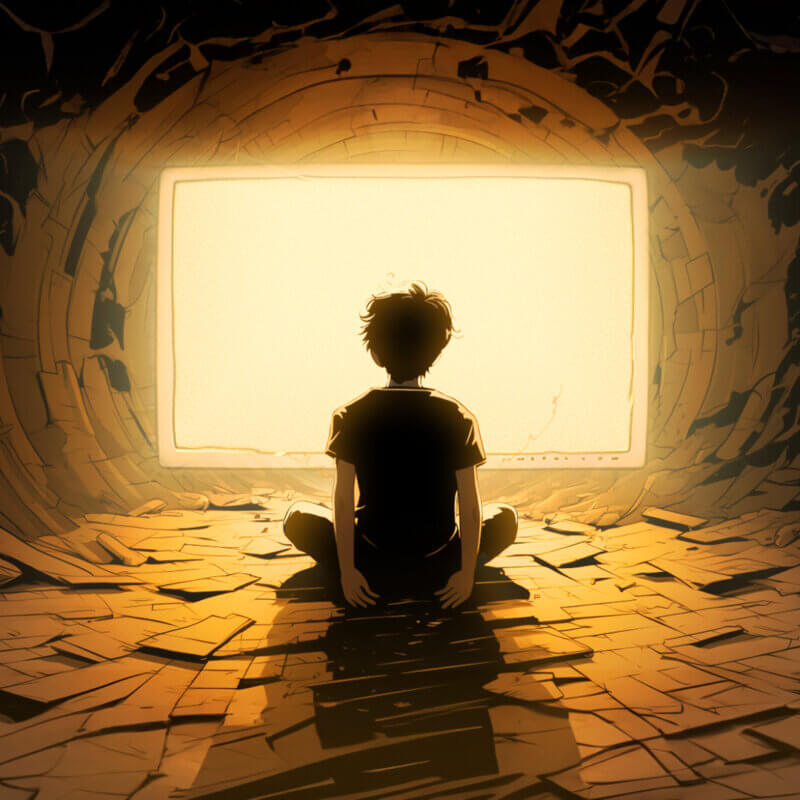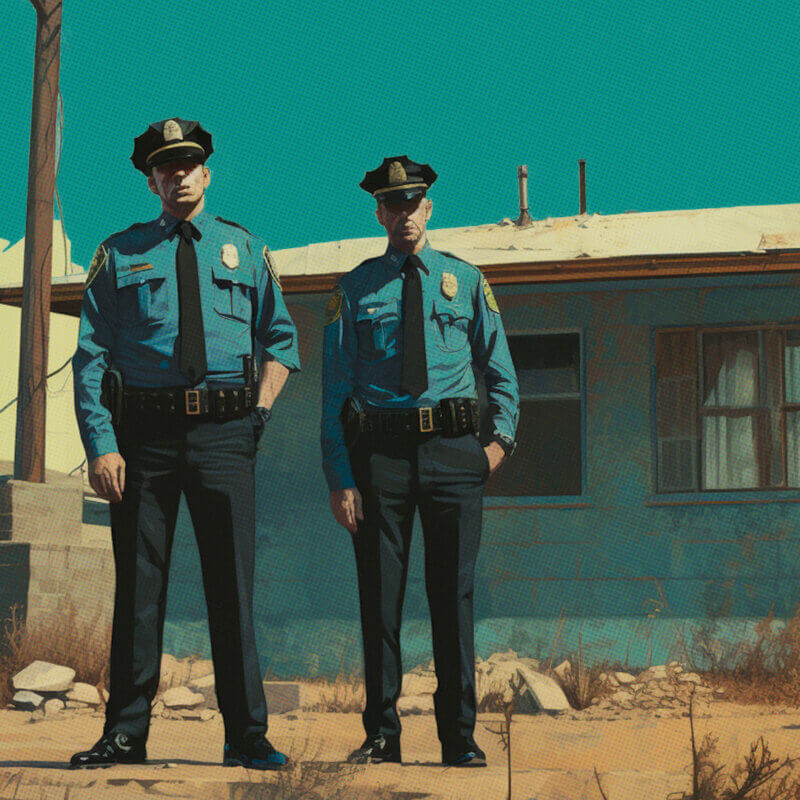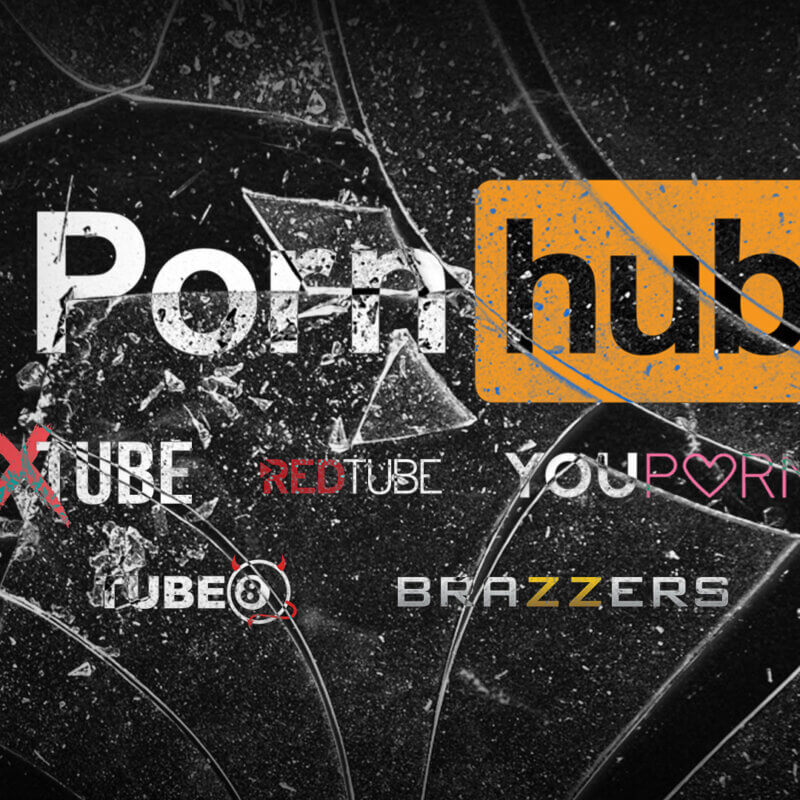Some say prostitution, often referred to as “sex work,” is a job like any other. It’s been dubbed the “oldest profession.” But is it? When you look at the real lives and real experiences of those in prostitution, it’s clear that it is unlike any other job.
The research and testimonies of survivors of the sex industry reveal that prostitution is not a job but a form of violence against those sold for sex.
Studies conducted worldwide consistently show that those in prostitution suffer from physical and sexual assault at alarming levels.
Prostitution, at its core, is a system of gender inequality. A staggering 98% of those bought in prostitution are women and 99% of buyers are men. It is a system where women exist to fulfill the sexual desires of men. The woman is seen as a product to be bought, used, and discarded.
Within this system of inequality, women in prostitution routinely endure violent, exploitative, and dehumanizing acts at the hands of sex buyers and pimps, and these are incomparable to any other profession.
Our society has created laws against workplace sexual harassment, but in prostitution the job IS sexual harassment. One survivor said, “As a prostitute, you do not get to frame the boundaries of your sexual experience.”
Violence and Mortality in Prostitution
In no other profession is there an expectation of violence towards the worker.
Brenda Myers-Powell, a survivor of prostitution, shared, “In the process of selling my body, I was shot five times, stabbed more than 13 times, beaten unconscious several times, had my arm and nose broken, had two teeth knocked out, lost a child that I will never see again, was verbally abused, and spent countless days in jail.”
Unfortunately, her experience is not an anomaly. One of the largest studies conducted on prostitution, published in the Journal of Trauma Practice, surveyed 854 prostituted women in nine countries. It found that:
– 63% of women in prostitution were raped
– 71% were physically assaulted
– 68% met the criteria for post-traumatic stress disorder in the same range as treatment-seeking combat veterans and victims of state-organized torture.
A report in the British Medical Journal of Women in Prostitution found that half of the women interviewed had experienced being slapped, punched, beaten, robbed, threatened with a weapon, held against their will, strangled, kidnapped, and/or raped. Another study showed that women who’ve worked in prostitution exhibit the same rate of traumatic brain injury as is documented in torture survivors.
A 2018 study revealed that 95% of prostituted women sustained traumatic head injuries along with acute or chronic symptoms from either being hit with objects or slammed into objects.
And if the violence alone isn’t enough, the mortality rate of prostituted women is 240 times higher than the general population’s.
These are not job hazards. These are statistical probabilities that women in prostitution will be physically and sexually assaulted and will suffer from severe mental and emotional trauma.
Research by Melissa Farley on prostitution in nine countries found that of those in prostitution:
– 95% experienced sexual harassment which in the United States would be legally actionable in a different job setting
– 70-95% have been physically assaulted
– 60-75% were raped while in prostitution, 73% were raped more than five times
– 75% have been homeless at some point in their lives
– 88% experience verbal abuse and social contempt
This is not a job. It is a violation of human rights. It is a system of violence, exploitation, and inequality against women.
Prostitution Is Not “Sex Work”
There is a growing cohort of people using the term “sex worker” or “sex work” to advocate for prostitution to be accepted as a legitimate form of work. “Sex work” has become a blanket term that essentially represents anyone who is a part of the commercial sex industry. The problem is that the different roles within the sex industry are extremely diverse.
“Sex worker” could represent everyone from pimps and brothel owners, to those being bought and sold for sex, cam girls, and people on apps like OnlyFans.
But the experience of being physically sold for sex and penetrated by multiple men every night is very different from choosing to upload naked pictures online for purchase. The two cannot and should not, be discussed in the same breath as equal experiences.
Around the world, there is a growing movement of people seeking to legalize or fully decriminalize prostitution. Their position is that by fully decriminalizing all aspects of the sex industry, prostitution will become safer and more empowering for women. This is patently false and creates an even worse situation for those in prostitution.
What’s been observed over and over is that a small number of privileged individuals who identify as “sex workers,” (many are actually pimps or webcam models) speak out and defend the sex industry, while completely ignoring the fact that the vast number of those in prostitution don’t see it as empowering—they want to escape it. In fact, research has shown that 89% of those in prostitution across nine countries wanted to escape.
Every country that embraces legalization or full decriminalization experiences higher rates of sex trafficking than in countries where sex buying is illegal. As legalization and full decriminalization drive more men to consume and use women for sex, traffickers and pimps capitalize on the increased demand, and pull more women and children into the sext trade in order to meet the demand. This leads to more women and children experiencing more violence, abuse, and rape.
RELATED: How to End Sex Trafficking
Prostitution is not a legitimate form of work. It is exploitative and dangerous in nature. The “pro-sex work” narrative strives to conceal the research because it destroys their argument.
It is time we stop pushing the false narrative that prostitution is “sex work” and a legitimate job for women. It’s time to tell the truth about prostitution.
The Solution
Prostitution can never be made safe because it is inherently exploitative. We at Exodus Cry strongly advocate for the Abolitionist Model, also called the Nordic Model, a legal approach which decriminalizes those who are being sold and provides them with meaningful assistance to exit the sex industry, while criminalizing all third-party profiteers—pimps, traffickers, facilitators, brothel keepers—and sex buyers.
Those in prostitution and those who have left prostitution are incredibly vulnerable. The Abolitionist Model allocates resources to those in prostitution, giving them the support and tools necessary to rebuild their lives after exploitation.
Every other legislative approach to prostitution results in the continued abuse of women and children. Exodus Cry supports the Abolitionist/Nordic Model because it’s the most effective legislative approach for abolishing trafficking and sexual exploitation worldwide.
Interested in learning more about prostitution? Check out this article:
Is Prostitution a Choice?





